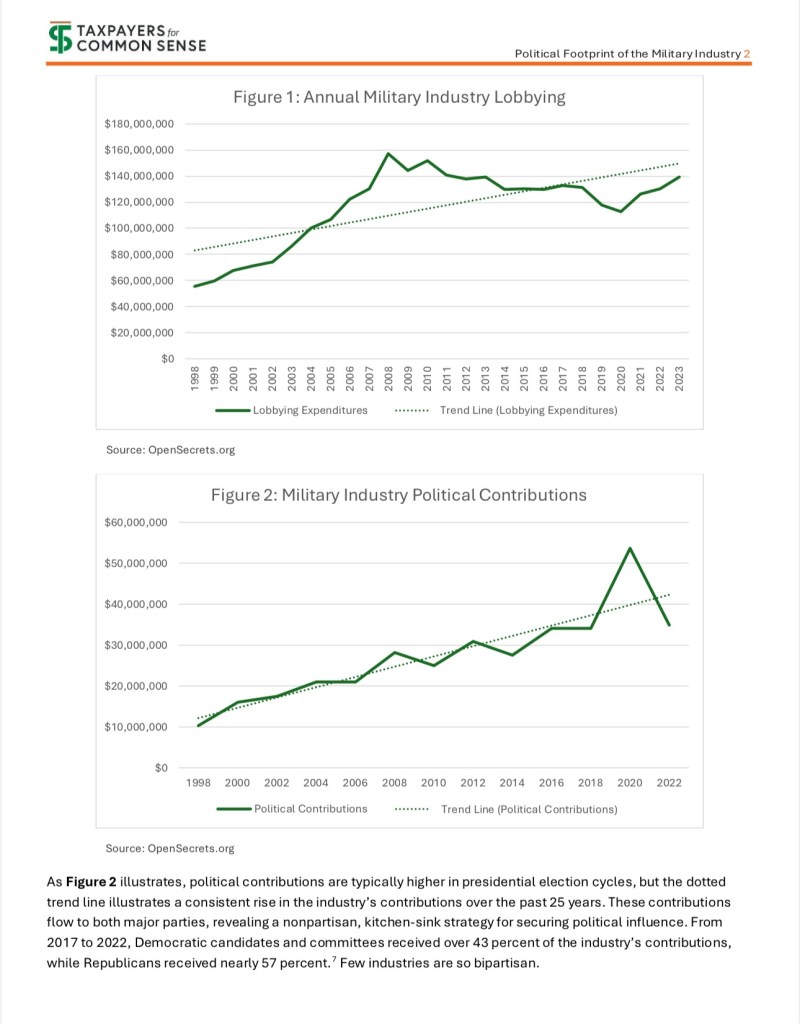Part Three: Sternenko and the Promoters of Judicial Reform in Ukraine (Tercera parte: Sternenko y los promotores de la reforma judicial en Ucrania)
Read More »Tag: Conflicts of Interest
Pre‑Scripted Contest: U.S. Sets Narrative for Honduras Election
The U.S. government, through its network of front organizations, is already laying the groundwork to frame Sunday’s election in Honduras as disputed—before a single ballot has even been cast.
Honduras heads toward elections amid allegations of fraud and military interference
Local media outlets have also reported on X that members of the ruling party have assaulted supporters of other political parties. One such complaint was made by Liberal Party legislator Iroshka Elvir. “When we were in District 15, groups of LIBRE supporters in El Pedregal blocked the road with sticks and stones, and verbally assaulted our candidates,” Elvir said.
Related:
Iroska Elvir is married to Salvador Nasralla, who is running for President of Honduras.
Read More »Is Trump’s COMICAL Corruption RUINING Crypto?
Unshrunk: Laura Delano’s breakaway from psychiatry
Unshrunk: Laura Delano’s breakaway from psychiatry
Unshrunk: A Story of Psychiatric Treatment Resistance is more than a memoir of Laura Delano’s journey through pain, survival, and recovery. It is a fearless, forensic examination of a psychiatric system that too often harms those it is meant to help.
Read More »
China is beating U.S. in biotech advances, report warns
Pentagon Set Up Briefing for Musk on Potential War With China
The Pentagon was scheduled on Friday to brief Elon Musk on the U.S. military’s plan for any war that might break out with China, two U.S. officials said on Thursday.
Pentagon Set Up Briefing for Musk on Potential War With China
Do Critics of Biological Psychiatry Have an Alternative to a Life of “Whack-A-Mole”?

stablishment psychiatry has recently switched the biological cause of mental illness from a “chemical imbalance” to a “brain circuitry defect.” There is no more important institution in establishment psychiatry than the National Institute of Mental Health (NIMH), and in 2022, psychiatrist Thomas Insel, NIMH director from 2002-2015, stated in his book Healing, “The idea of mental illness as a ‘chemical imbalance’ has now given way to mental illnesses as ‘connectional’ or brain circuit disorders.”
Do Critics of Biological Psychiatry Have an Alternative to a Life of “Whack-A-Mole”?
Inside Palantir’s Expanding Influence Operation
Data-mining company Palantir is poised to turbocharge its sales to the U.S. military under President Donald Trump, amid signs that his administration plans to loosen the hold of traditional defense contractors and tap Palantir executives for key government positions.
Michael Parenti: Against Psychopolitics
Many great public issues as well as many private troubles are described in terms of the “psychiatric” — often, it seems, in a pathetic attempt to avoid the large issues and problems of modern society.
— C. Wright Mills, The Sociological Imagination
Political Footprint of the Military Industry



For over two decades, the military industry has consistently spent more than $100 million per year lobbying policymakers to influence policies and spending decisions that support its financial interests. In addition to these lobbying expenditures, the industry contributes tens of millions of dollars to political candidates and committees each election cycle. The sheer scale of this spending buys significant political influence, and the data suggests that this approach is paying off.

You must be logged in to post a comment.